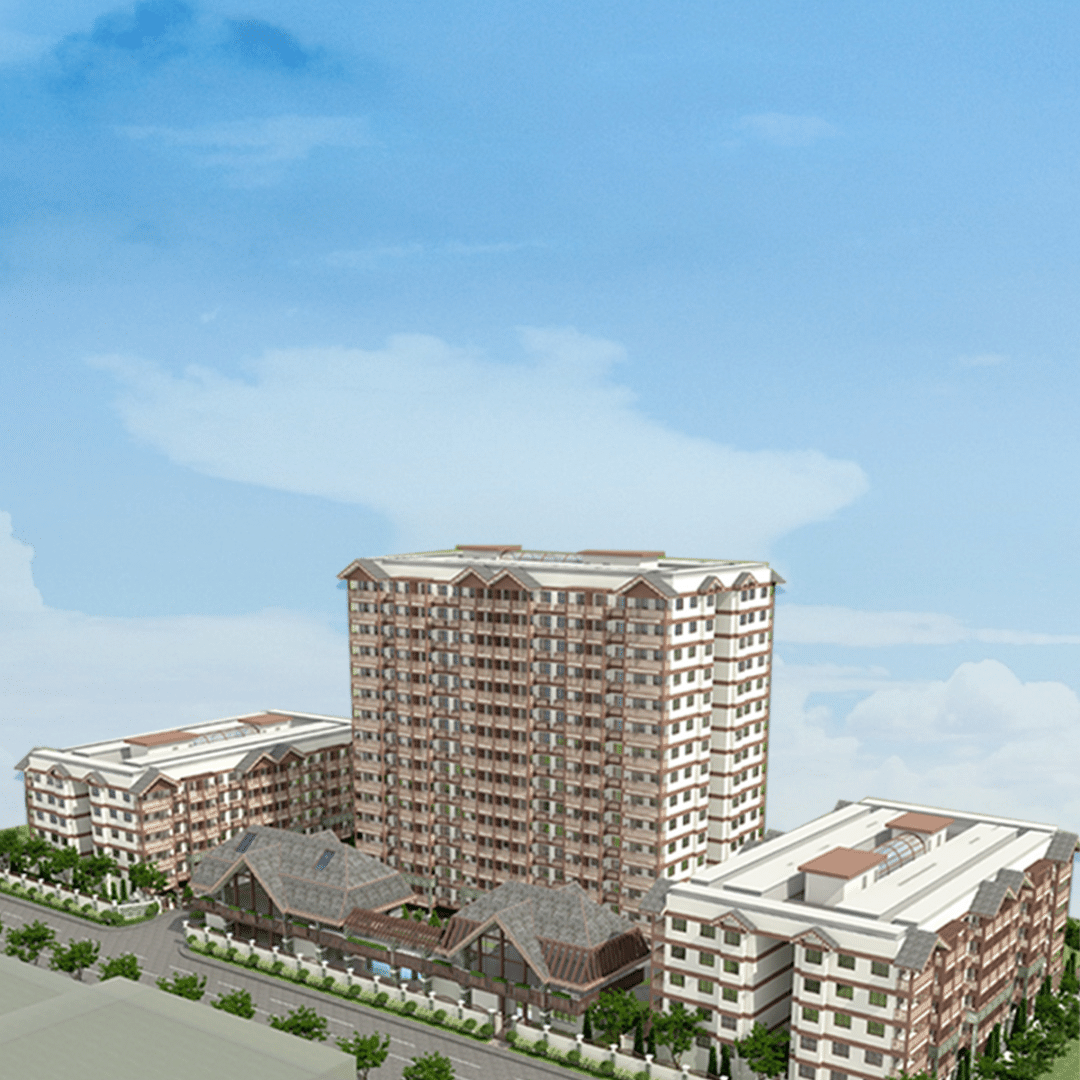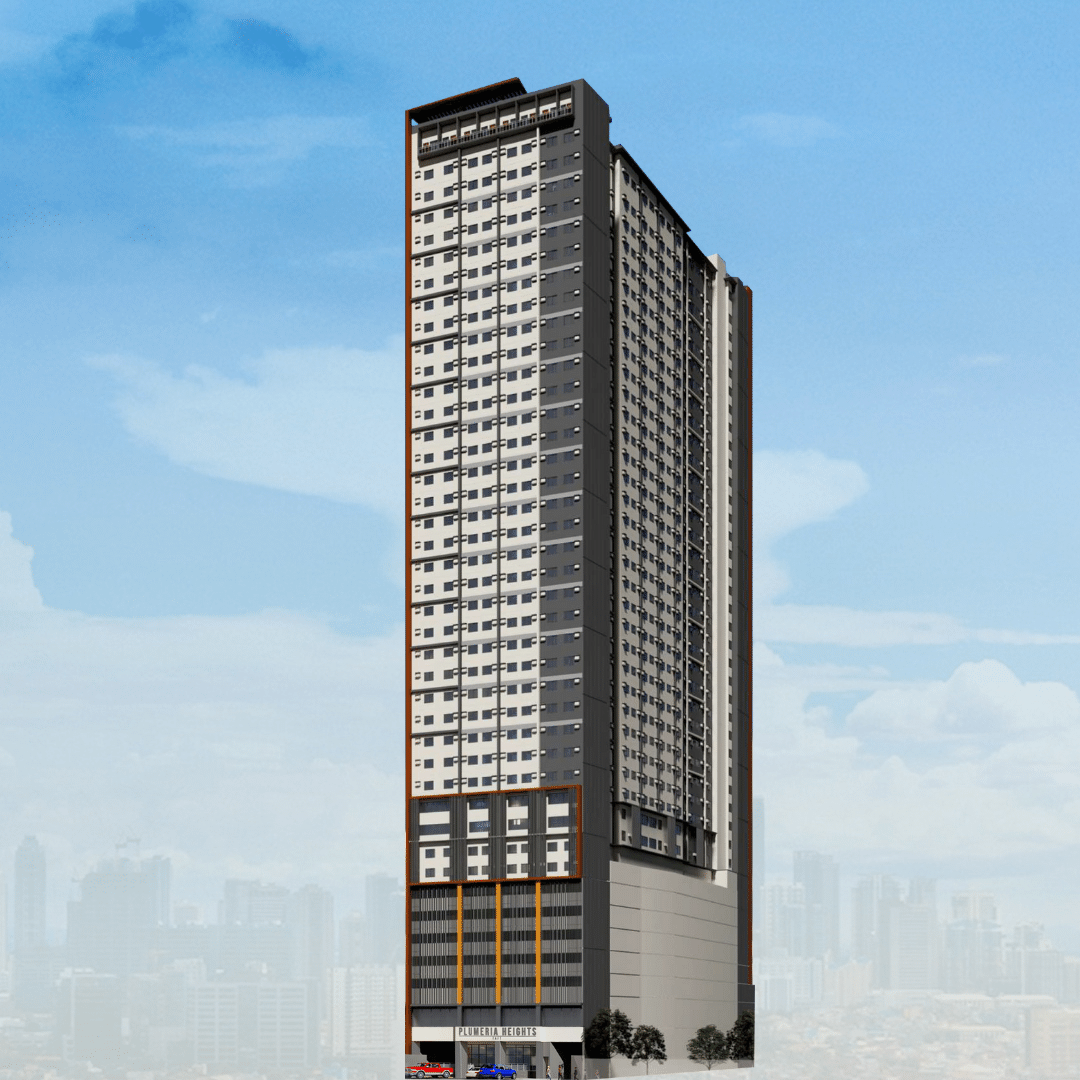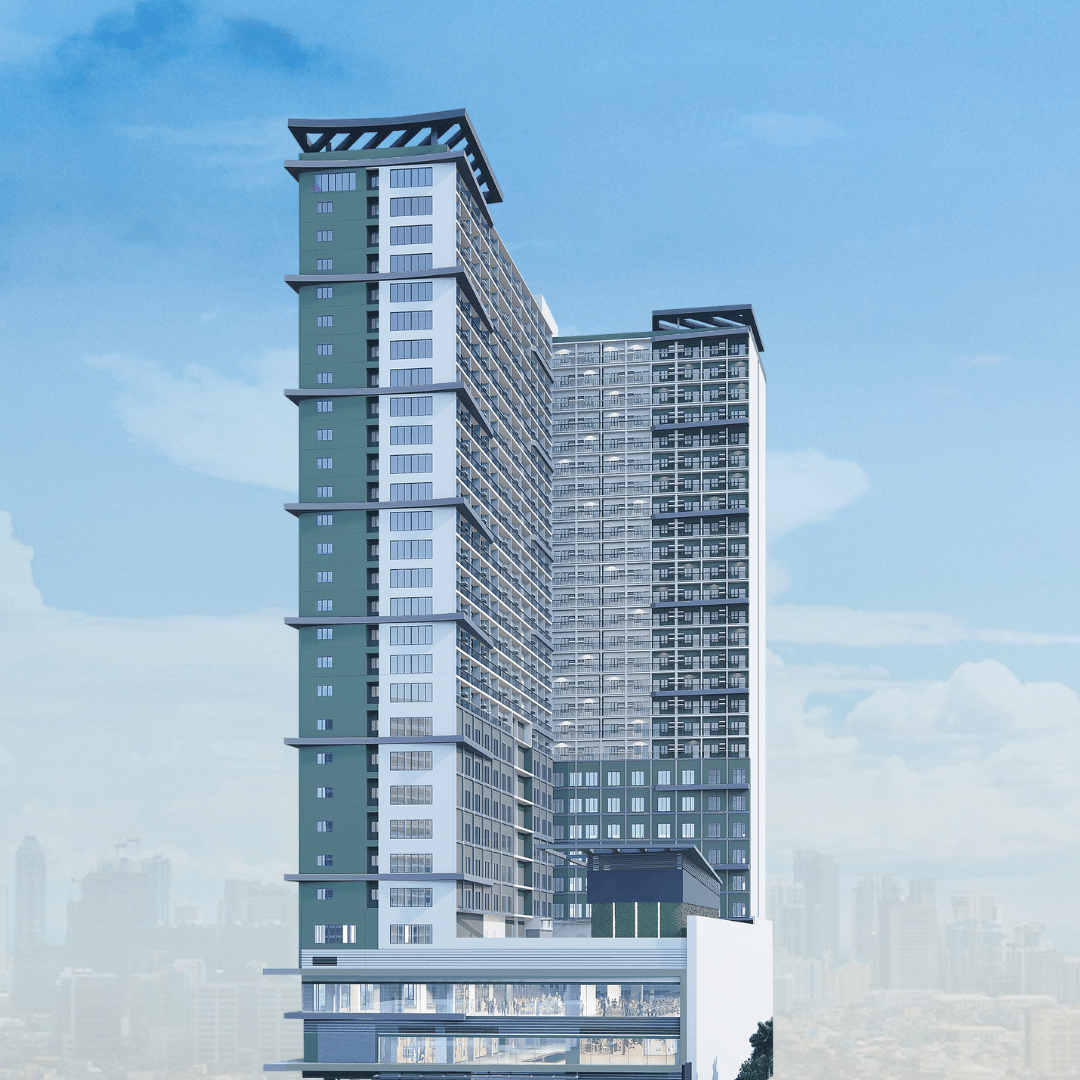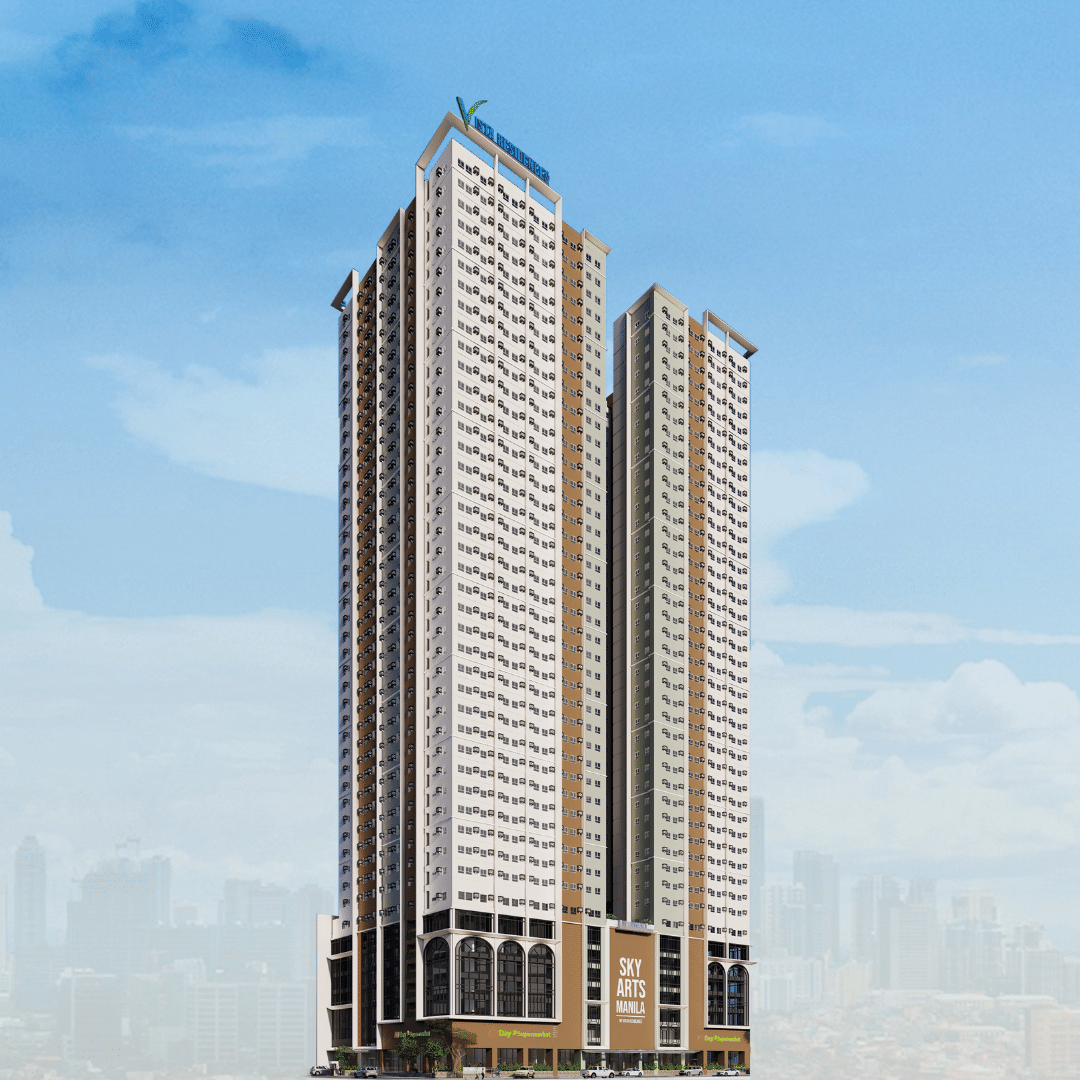Embarking on a career in real estate brokerage in the Philippines offers a dynamic pathway to financial success and professional fulfillment. With the country's booming real estate market, fueled by urbanization, infrastructure development, and a growing economy, the demand for skilled real estate brokers is on the rise. However, navigating the intricacies of becoming a licensed broker requires a combination of dedication, knowledge, and adherence to regulatory requirements. In this comprehensive guide, we'll explore the steps and considerations aspiring individuals need to undertake to become a proficient and licensed real estate broker in the Philippines, unlocking doors to a rewarding and lucrative profession in the vibrant real estate industry.
Definition and Responsibilities of a Real Estate Broker
Real estate brokers serve as intermediaries between buyers and sellers in real estate transactions, facilitating the purchase, sale, or lease of properties. Their role extends beyond mere transactions; they also provide valuable guidance, market analysis, and negotiation expertise to ensure favorable outcomes for their clients. In the Philippines, the role of a real estate broker is regulated by the Professional Regulation Commission (PRC) to maintain industry standards and uphold ethical conduct.
A real estate broker acts as a knowledgeable guide throughout the property transaction process. Their responsibilities include but are not limited to:
- Market Analysis: Assessing market conditions, property values, and trends to provide informed advice to clients.
- Listing and Marketing: Listing real estate properties for sale or lease, creating marketing materials, and promoting properties through various channels.
- Client Representation: Representing either the buyer or the seller (or sometimes both) in negotiations and transactions.
- Documentation: Assisting in the preparation and completion of legal documents, contracts, and agreements related to property transactions.
- Compliance: Ensuring compliance with all relevant laws, regulations, and industry standards throughout the transaction process.
Benefits of Having a Real Estate Broker License
- Financial Potential: The real estate industry in the Philippines is known for its robust growth and lucrative opportunities. As a licensed broker, individuals have the potential to earn significant income through commissions earned from successful property transactions. With the right skills, network, and market knowledge, brokers can leverage their expertise to negotiate favorable deals and maximize their earnings.
- Flexibility and Independence: One of the appealing aspects of a career in real estate brokerage is the flexibility it offers. Brokers have the freedom to set their own schedules, allowing for a better work-life balance. Additionally, they have the independence to build their business according to their preferences, whether focusing on specific property types, client demographics, or geographical areas.
- Networking and Professional Development: Real estate brokerage provides ample opportunities for networking with industry professionals, including developers, investors, fellow brokers, and potential clients. Networking can lead to valuable referrals, partnerships, and collaborative opportunities that can further enhance a broker's success. Moreover, ongoing professional development through seminars, workshops, and industry events ensures brokers stay updated on market trends, legal regulations, and best practices.
- Personal Fulfillment: Guiding clients through the process of buying, selling, or leasing properties can be immensely rewarding. Brokers play a pivotal role in helping individuals and families achieve their homeownership dreams, find suitable investment opportunities, or secure the perfect commercial space for their business. The sense of satisfaction derived from facilitating such important life decisions adds meaning to the work of a real estate broker.
- Adaptability and Growth Potential: The Philippine real estate market is dynamic and constantly evolving, presenting opportunities for brokers to adapt and grow within the industry. Whether it's staying abreast of emerging market trends, leveraging new technologies for marketing and client engagement, or expanding into specialized areas such as property management or real estate consulting, licensed brokers have the flexibility to evolve their careers to suit changing market demands.
Steps to Becoming a Licensed Real Estate Broker
Becoming a licensed real estate broker in the Philippines involves several key steps outlined by the Professional Regulation Commission (PRC). Here's a comprehensive guide to help you navigate through the process:
- Education and Training Requirements: To qualify for the real estate broker licensure exam, you must first fulfill the educational requirements. This typically involves completing a Bachelor’s degree in real estate service, business administration major in real estate management, or any related field from a recognized educational institution. Additionally, completion of a real estate brokerage seminar or training program accredited by the PRC is necessary.
- Examination Application Process: Once you've met the educational requirements, you can proceed to apply for the licensure exam. The PRC conducts the real estate broker exam for real estate brokers twice a year, usually in March and September. Applications are typically submitted online through the PRC website during specified application periods. Be sure to provide all required documents and pay the necessary fees to complete your application.
- Taking and Passing the Licensure Exam: The licensure exam for real estate brokers consists of subjects covering real estate laws, fundamentals of property ownership, code of ethics and responsibilities, real estate taxes and valuation, and other related topics. It's essential to prepare diligently for the exam by reviewing relevant textbooks, attending review classes, and taking practice exams. On the day of the exam, arrive early, bring all required identification and materials, and do your best to answer each question accurately.
- Registration with the PRC: Upon successfully passing the licensure exam, you'll need to register with the PRC to obtain your real estate license. This involves submitting additional documents such as your birth certificate, transcript of records, and other requirements specified by the PRC. Once your registration is processed and approved, you'll receive your official license, allowing you to practice as a licensed real estate professional in the Philippines.
Building a Successful Career as a Real Estate Broker
Becoming a licensed real estate agent is just the first step towards building a successful career in the Philippines' real estate industry. To thrive in this competitive field, it's crucial to employ effective strategies for marketing yourself and your services, as well as to cultivate strong client relationships.
One key strategy for building your career as a real estate broker is to focus on marketing and establishing your brand. Utilize various channels such as social media, websites, and traditional advertising to showcase your expertise and listings. Moreover, networking plays a vital role in the real estate industry. Attend industry events, join professional associations, and engage with fellow brokers, agents, and potential clients. Building relationships with other professionals not only opens doors to new opportunities but also provides valuable insights and support throughout your career journey.
Maintaining strong client relationships is another cornerstone of success as a real estate broker. Always prioritize transparency, honesty, and responsiveness when interacting with clients. Additionally, leverage technology and online platforms to streamline your processes and reach a broader audience. Invest in real estate software and tools that can help you manage listings, track leads, and communicate effectively with clients. Embracing digital innovations not only improves efficiency but also demonstrates your commitment to staying ahead in an ever-evolving industry.

.png)





